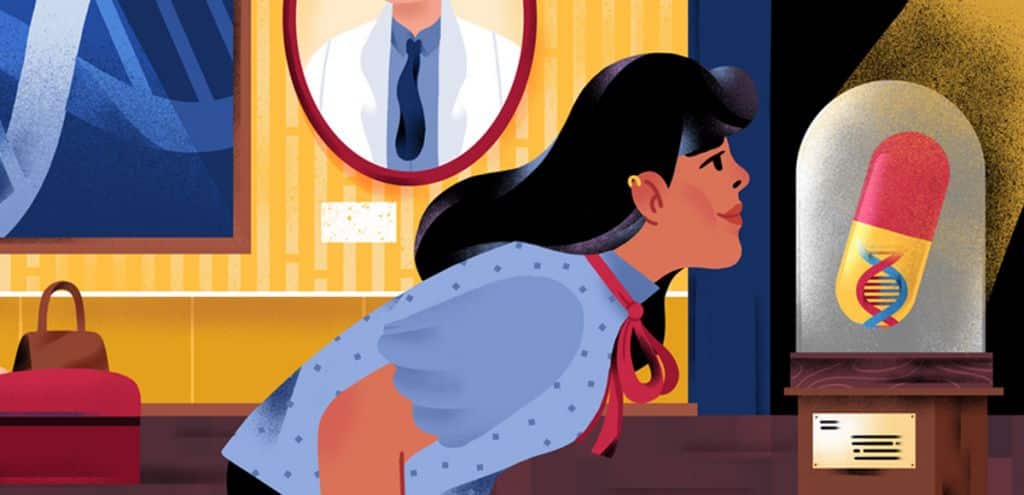A €375M IPO from Evotec was the highlight of European biotech investments in November, with other cash going to firms working on cell therapy reprogramming and immuno-oncology.
The total biotech investment haul for European companies reached €1.2B in November, with 41 deals in the bag. These deals included European and Israeli companies launching a private round or initial public offering (IPO).
November’s total investment catch was double that of October. This was partly because November saw four IPOs totaling €514.7M, while October had only one €15.5M IPO by the firm Acticor Biotech.
The German giant Evotec made the headlines with a colossal Nasdaq IPO worth €375.4M. The firm has a diverse business model that includes developing a drug pipeline, providing drug discovery services, and investing in other companies.
Other major IPOs were closed by IO Biotech and MaaT Pharma in Denmark and France respectively. IO Biotech is developing a cancer immunotherapy while MaaT Pharma is on the cutting edge of the European microbiome field, developing inflammatory disease treatments based on strains of gut microbiota.
UK firms dominated the top private European biotech investments in November. Of these companies, Quell Therapeutics topped the list, raising €138.2M in a huge Series B round. The firm is developing a cell therapy to tackle transplant rejection as well as other autoimmune and inflammatory conditions.
The runner-up UK firm bit.bio raised €89.1M in a Series B round to develop cell reprogramming technology that can make stem cells turn into a desired type of cell more quickly than traditional methods.
Another notable Series B round went to the Irish company Nuritas, which received €39.3M from investors including the singer Bono to finance the development of peptides that improve the nutritional content of food products.
The Swiss company GlycoEra took the crown for November’s largest Series A European biotech investment round. The firm bagged €42.4M to fund the development of protein drugs targeting sugar molecules for the treatment of cancer and autoimmune conditions.
RenalSense in Israel came second with just over €12M raised in a Series A round. The company is developing real-time sensors that can monitor kidney function and predict kidney damage.
The industrial biotechnology company ImaginDairy came first place in the seed round showdown, raising €11.5M. Based in Israel, ImaginDairy uses microbes to produce proteins found in milk for use in animal-free dairy products.
Swedish company Asgard Therapeutics was notable amongst the biotech investment seed round winners for employing cell reprogramming technology. Unlike bit.bio, Asgard aims to reprogram cells within the body as a kind of gene therapy for cancer.
One major deal taking place in November was a collaboration launched between the UK-based Dunad Therapeutics and Novartis. The big pharma firm injected €20M equity financing into Dunad in a deal worth over €1B to co-develop drugs that can destroy harmful proteins in cells.
November also saw the rise of a special purpose acquisition company (SPAC) launched by the Dutch venture capital firm Forbion. The SPAC, named Forbion European Acquisition, is designed to merge with an undisclosed European biotech company and let it go public. The merger will infuse the chosen company with a target of €89M ($100M). SPAC mergers are rare in the European biotech industry, and this may be a sign of growing biotech investor confidence.
Another relevant biotech investment in November went to Home Biosciences, a biotech-focused startup creator based in France. Sofinnova and Redmile Group led a €13.3M ($15M) seed round that marked the foundation of the firm, which is designed to build multiple subsidiaries developing innovative treatments.
The month of December is likely to see an explosion of biotech investments focused on cancer treatments. For example, the Czech biotech Sotio raised an enormous €280M to finance cancer immunotherapies. And this week, the UK startup Adendra Therapeutics raised a €47M ($53M) Series A round to finance the development of its own immuno-oncology treatments.





